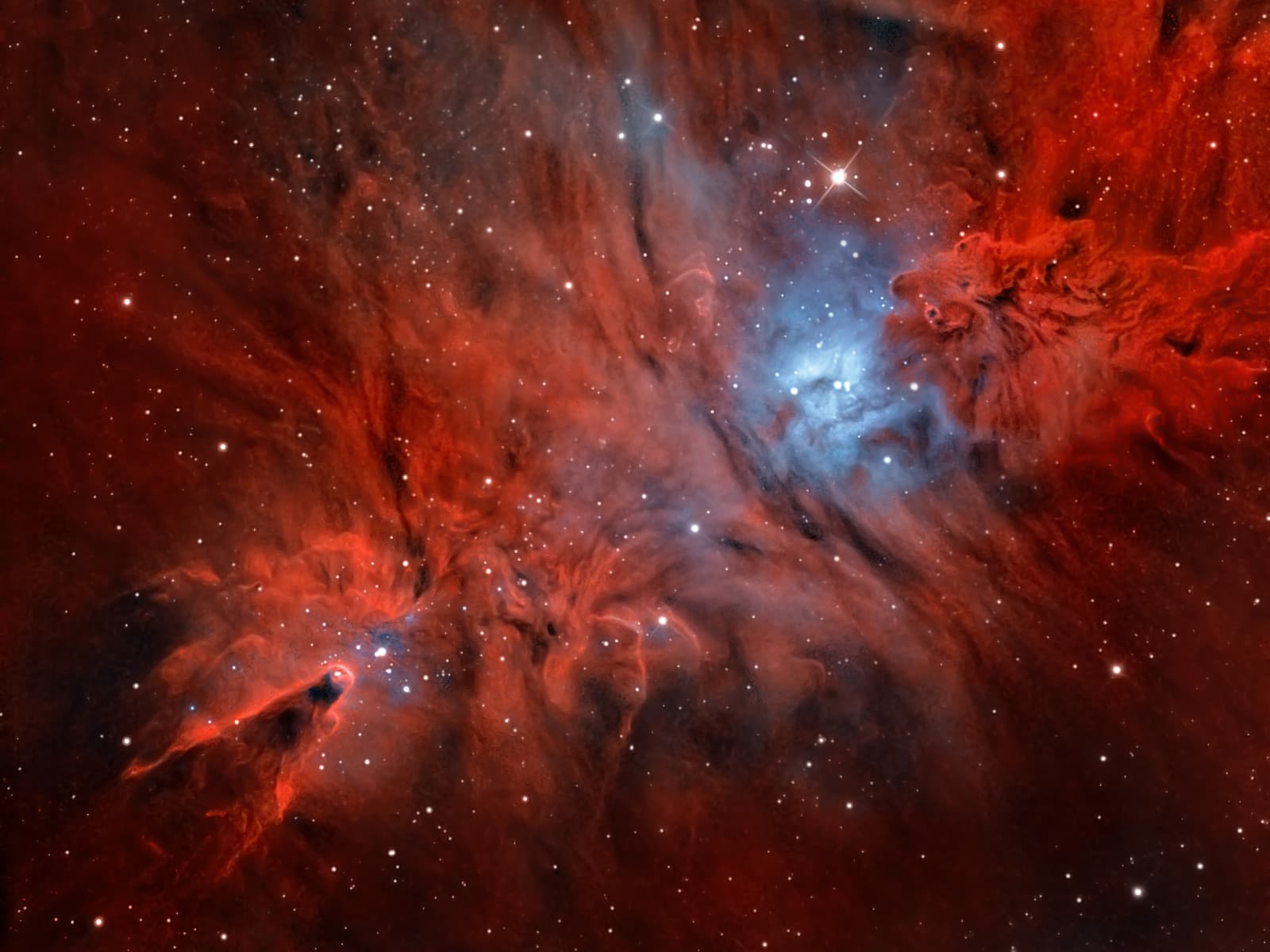Today, we have a host of innvative technologies that allow us to understand our universe as never before. Take, for example, the Large Hadron Collider (LHC). It is an accomplishment of unprecedented proportions. It is, without a doubt, one of the most amazing (and important) pieces of technology that humanity has ever made. It allows us to simulate the earliest moments of our universe and, in so doing, better understand the physics that governs it.
Then there is the the James Webb Space Telescope (JWST). The JWST is Hubble's successor, and it will be more sensitive by a factor of about 100 than all the telescopes that came before it. It could help us see some of the first stars forming in the universe. It could allow us to image planets orbiting alien stars. It will open up a world (a universe) of possibilities. We will be able to see farther and deeper than ever before.
However, despite all of these advancements, there is a lot that we don’t know. But where does knowledge stop and uncertainty begin? How much do we really know, and what remains in question?
We asked for your most pressing questions, and they came pouring in: Does intelligent life exist beyond Earth? What's beyond the edge of our universe? Here, Fraser Cain, the founder of Universe Today, dives into the answers—separating what we know from what we’ve yet to discover.
See Part One of this series, and get more of your questions answered.
Share This Article
